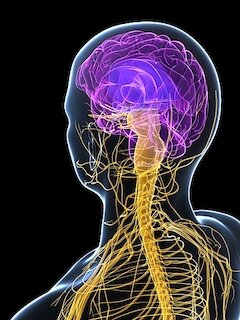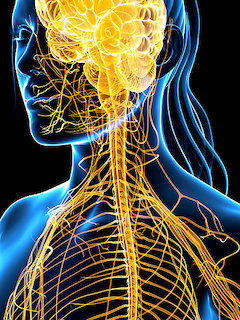Can I Control It Or Do I Quit It?
The definition of Addiction now comes down to continuing anything - food, sex, booze, rage, righteousness, gaming - in spite of negative consequences. The negative consequences are always loss: loss of time, loss of money, relationship, driver’s license, job. It may or not become severe, but it starts with the need to feel good, feel better, or feel nothing. Any way you slice it, it’s about feeling bad in some known or unknown way.
Whether it’s situations or substances or addictive behaviors (including ‘CoDependence' - we’ll get to that), there are three questions defining what a problem is:
Does this cause any problems - never mind quibbling over ‘not a problem’
For anyone - there’s the relationship part of the problem
And do you keep doing it anyway?
So would you say you might have a problem? If yes, the next question is how do you solve this problem? There are steps to follow, not necessarily the Twelve of them, although a new proponent is Russel Brand in his book Recovery. If you can follow an East London accent and Brand himself, it’s quite the listen on Audible. His website, which is his name, will give you enough information under the Recovery tab for you to know if he’s your guy.
Atomic Habits, by James Clear is a best selling take on making change.
Pleasure Unwoven, a video on InstituteforAddictionStudy.com, starts out with a Physician saying ‘When I was in ReHab, my counselors kept saying I had a disease.” This is his instructive story and research.
CoDependence. By code in Nevada, CoDependence just means being in relationship with someone, anyone, who's Dependent: Alcohol, Other Drugs, or Addictive Behaviors. That’s where it quits being simple, but it creates a sense of having to predict the unpredictable and manage the unmanageable. All while feeling like maybe you did something to cause it, and you ought to be able to cure it or at least control it, even if you ‘know better’ but you keep doing it anyway.
Unfortunately, Addiction is one of those areas where the less you know, the stronger your opinions can be. The research on neurobiology is beginning to fix that.
At the end of Chasing the Scream, Subtitle: The First and Last Days of the War on Drugs, Johan Hari says ‘The opposite of addiction is not sobriety. The opposite of addiction is connection.’
Healing is always about reconnection, whether it’s bones, cuts, hearts, or minds. First we manage, then heal the cause.

